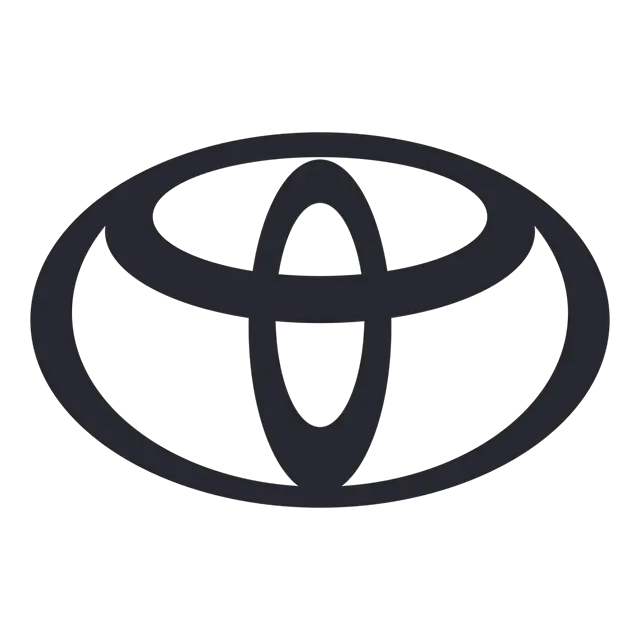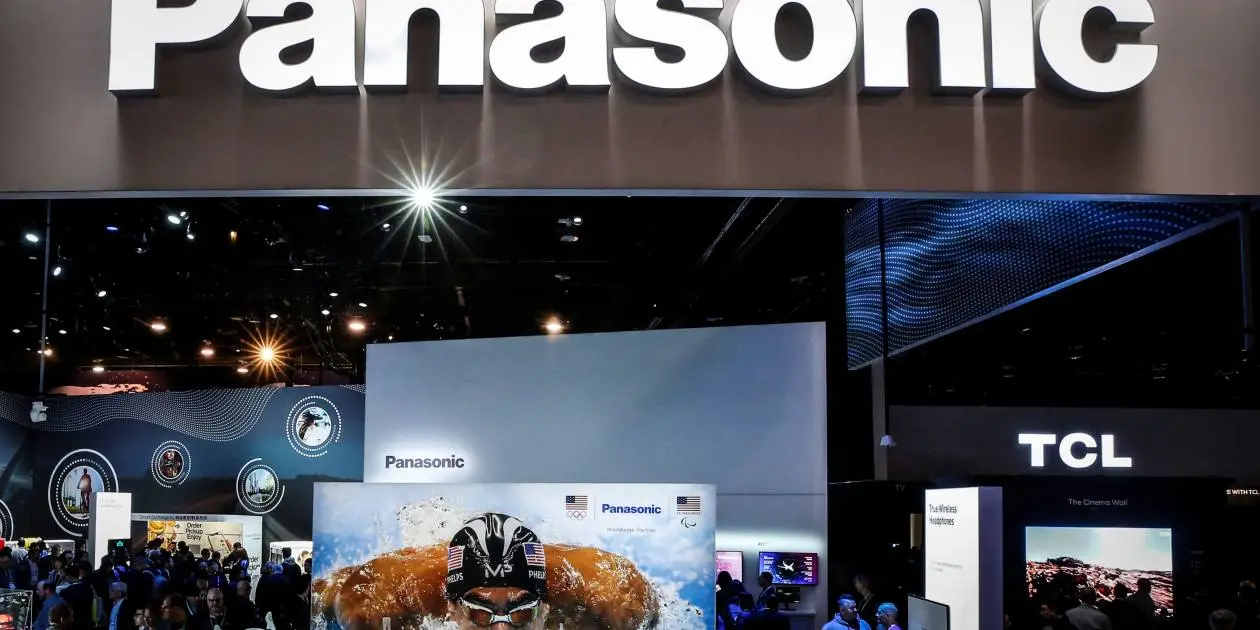- 3 Posts
- 8 Comments
 1·2 years ago
1·2 years agoDenso is a Toyota Group company. Even people who are not interested in cars might have a vague idea of what Denso is if you tell them that it is the company that invented QR codes.

 1·2 years ago
1·2 years agoCan you tell me about the business model of electric vehicle charging stations in the United States? In Japan, the number of charging stations exploded from around 2010, but it has been declining since 2020. The reason is that most owners do not want to continue operating charging stations, even with investment in new chargers, due to the aging of chargers. In other words, it is said that “charging stations are not profitable at all.” ChargePoint in the United States is also reported to have fallen by more than 90% from its peak, and its earnings for the current quarter were also poor. What about other electric vehicle charging station operators?
 1·2 years ago
1·2 years agoWith 8% of all new car sales in the United States being electric vehicles, and Tesla accounting for 57% of those sales, that means that all non-Tesla electric vehicles make up just 3.44% of the total US auto market. I wouldn’t be surprised to see some automakers pull out of the electric vehicle market.

 1·2 years ago
1·2 years agoAlways go to the primary source. Toyota press releases and Toyo Times are the only reliable sources of information. News reports from other sources are often biased by the personal speculation of reporters and writers, or by the interests of their sponsors. It’s a waste of time and energy to get frustrated with news reports from secondary sources.
Toyota plans to produce five types of batteries, of which only two are solid-state batteries. The performance version developed with Panasonic and the mass-produced and high-performance versions developed with Toyota Industries are not solid-state batteries. The 750-mile range is the high-performance version developed with Toyota Industries. It was shown to the media in June, but the photos were blurred due to reporting restrictions. In general, you can’t tell the performance of a battery just by looking at it.
 1·2 years ago
1·2 years ago“Japanese-based” is a good way to put it. The company is headquartered in Japan, but the cars are made in China and the management is Chinese. Chinese-made cars don’t sell well in Japan, so small Chinese EV manufacturers have started setting up automotive import companies in Japan to sell small Chinese EV buses to Japanese municipalities.
 1·2 years ago
1·2 years agoThis article is a bit unfair to VW. The definition of a car OS is somewhat vague, but Android Runtime for Automotive only provides a small part of the user space of a car OS. Automakers have to deal with a lot of other things, like HAL, device drivers, and the kernel. It’s a daunting task that requires a lot of manpower and money. But, let’s forget about the complicated stuff for now. It’s a good thing that Porsche will be able to use Google Maps and Spotify.
 1·2 years ago
1·2 years agoLimited to Japanese manufacturers, Maxell, TDK, and Murata will begin shipping samples of mass-produced products in 2024. They are oxide-based and have very low output. They may be used for things like powering Bluetooth devices. In the automotive industry, Honda will start operating a pilot line at its Atsugi plant in 2024, and Nissan will start operating a pilot line at its Yokohama plant. Idemitsu Kosan has been operating a pilot line since July to start shipping samples of all-solid-state electrolytes, and it opened a second plant in September. Toyota, Nissan, and Honda all plan to announce vehicles equipped with all-solid-state batteries in 2027 and 2028. Some people believe that they will not be available to consumers until at least 2032. In any case, 2027 and 2028 are key years.

VIDEO:Toyota Urban SUV Concept Reveal – Toyota Kenshiki Forum 2023